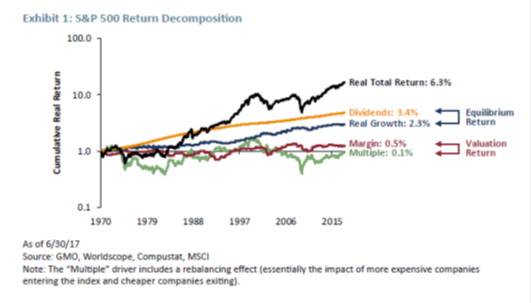A few days ago I represented The Cobden Centre by speaking at an International Leadership Summit in Opatija, Croatia. It was a grand affair, held in association with the Adriatic Institute for Public Policy, and involved more than fifty opinion formers.
They included an interesting and varied array of politicians such as the Czech MEP, Jan Zahradil; the British MEP, Geoffrey Van Orden; the Polish MEP, Adam Bielan; the former Bulgarian Foreign Minister, Nadezhda Neynsky; US Senator, Jeff Sessions, and; the former New Zealand Cabinet Minister, Maurice McTigue (to name but a few).
The session in which I spoke was headed ‘The Sovereign Debt Crisis and the Crisis of Sovereignty’ and my partners for the occasion were the British MEP Danniel Hannan and the former Prime Minister of Republika Srpska, Mladen Ivanić.
Now, beyond the content of our presentations and the debate that ensued, what was really interesting to me about this venture was how every time I or Dan Hannan mentioned the Austrian school of economics, a majority in the audience nodded as if in ‘knowing approval’. Clearly, a small minority of those present were familiar with Austrian school ideas but I suspect the overwhelming majority were not; yet all nodded.
To me, what is interesting about this is that if the gathered selection of people were in anyway representative of similar audiences further afield then maybe Austrian school ideas are starting to spread in such a way that even those ignorant of its details are starting to feign appreciation.
If so, then this all strikes me as being reminiscent of that time in late 1950s when across Western Europe and parts of North America it suddenly became fashionable for’ leaders’, ‘intellectuals’ and ‘opinion formers’ to ‘know’ and be able to comment on Socialism and Marxism. By the time of all the political and social upheavals of the late 1960s, few guests at any smart dinner party in London, Paris or New York wanted to admit that they knew absolutely nothing about these paradigms. So often they gave the impression that they did and in so doing aided a self-fulfilling prophecy much to the advantage of genuine and learned Marxists.
Maybe with the undermining of banking and monetary socialism, a similar whisper is emerging to the great benefit of Austrian ideas. In providing powerful diagnoses and explanations perhaps its ideas are now slowly starting to become fashionable even amongst elements of the so called smart set. Who knows? Only time will tell. But it is an interesting thought.


